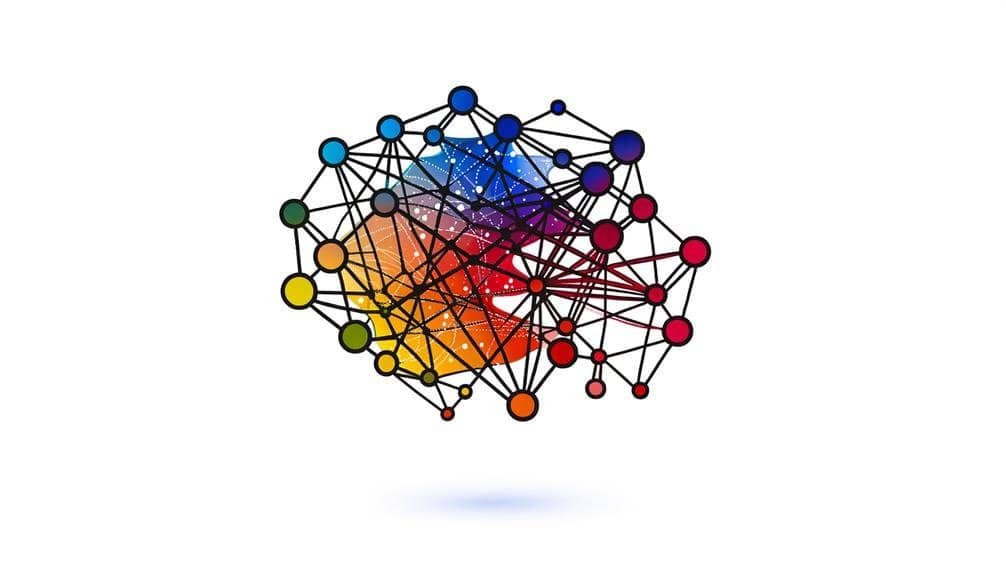What Is Cognitive Complexity in Communication?
|
Getting your Trinity Audio player ready...
|
Have you ever wondered why some conversations leave you feeling confused and others leave you feeling enlightened?
The answer lies in the concept of cognitive complexity in communication. Cognitive complexity refers to the ability to understand and process information in a nuanced and multifaceted manner.
In this discussion, we will explore what cognitive complexity entails, its significance in effective communication, the various factors that influence it, and how you can enhance your own cognitive complexity skills.
Brace yourself for a journey into the depths of communication intricacies, where you will unravel the secrets to becoming a more insightful and adept communicator.
Key Takeaways
- Cognitive complexity involves processing information at different levels and analyzing multiple perspectives.
- Developing cognitive complexity is crucial for effective communication and navigating diverse environments.
- Factors such as personal experiences, education, and exposure to diverse perspectives influence cognitive complexity.
- Higher cognitive complexity enhances communication effectiveness, decision making, conflict resolution, and empathy.
Understanding Cognitive Complexity
Understanding cognitive complexity is essential for effective communication. It involves the ability to process information at different levels, analyze multiple perspectives, and adapt one's thinking accordingly.
By improving comprehension, cognitive complexity allows individuals to understand complex ideas and concepts more easily. It enables them to recognize patterns, make connections, and draw conclusions based on the available information.
Additionally, cognitive complexity enhances cognitive flexibility, which is the capacity to think and respond in different ways. This flexibility allows individuals to consider alternative viewpoints, adapt their communication style to different audiences, and find creative solutions to problems.
The Importance of Cognitive Complexity
Developing cognitive complexity is crucial for effective communication, as it allows you to navigate the intricacies of human interaction with greater understanding and adaptability. Cognitive complexity encompasses cognitive flexibility and critical thinking, which are essential skills in today's complex and fast-paced world.
Cognitive flexibility refers to your ability to shift your thinking and adapt to different situations and perspectives. It enables you to consider multiple viewpoints, understand different communication styles, and respond appropriately. This skill is particularly important in diverse and multicultural environments, where people may have different cultural norms, values, and communication styles.
Critical thinking, on the other hand, involves analyzing information, evaluating arguments, and making reasoned judgments. It helps you identify biases, assumptions, and logical fallacies in communication, which can enhance your ability to communicate effectively and make sound decisions.
Factors Influencing Cognitive Complexity
Factors that influence cognitive complexity include personal experiences, education, and exposure to diverse perspectives. Personal experiences shape our understanding of the world and influence the way we perceive and interpret information. Education provides us with knowledge, critical thinking skills, and the ability to process complex information. Exposure to diverse perspectives exposes us to different ways of thinking, challenging our own beliefs and expanding our cognitive complexity.
Factors affecting cognitive complexity have a direct impact on decision making. Individuals with higher cognitive complexity are more likely to consider multiple perspectives, evaluate alternatives, and make informed choices. They've the ability to recognize and appreciate the complexity of situations, leading to more effective decision-making processes.
Therefore, it's crucial to foster these factors in order to develop cognitive complexity and enhance decision-making abilities.
Impact of Cognitive Complexity in Communication
Having a higher level of cognitive complexity can greatly influence the effectiveness of communication. Cognitive complexity refers to the ability to understand and navigate complex information, perspectives, and ideas. This level of complexity enables individuals to make effective decisions and resolve conflicts more efficiently.
When individuals possess a higher level of cognitive complexity, they're better equipped to consider multiple perspectives, weigh different options, and make informed decisions. This enhances their ability to communicate effectively by taking into account various viewpoints and finding common ground.
Additionally, individuals with higher cognitive complexity have a better understanding of the underlying causes of conflicts and can approach conflict resolution with empathy, open-mindedness, and creativity.
Enhancing Cognitive Complexity Skills
To enhance your cognitive complexity skills, actively engage in activities that challenge your thinking and expose you to diverse perspectives.
One effective way to do this is by practicing cognitive flexibility techniques. These techniques involve intentionally shifting your thinking and considering multiple viewpoints. For example, you can try engaging in debates or participating in group discussions where different opinions are encouraged.
Another approach is to seek out cognitive complexity training programs or workshops. These programs provide structured exercises and activities designed to improve your ability to think critically and consider multiple perspectives.
By actively participating in these activities and training programs, you can develop your cognitive complexity skills and become more adept at navigating complex communication situations.
Conclusion
So, now you know what cognitive complexity in communication is all about. It's crucial to comprehend this concept as it plays a significant role in effective communication.
Factors like knowledge, experience, and open-mindedness influence cognitive complexity. The impact of cognitive complexity on communication can't be underestimated, as it enhances our ability to understand diverse perspectives and adapt our message accordingly.
Therefore, developing and honing cognitive complexity skills is essential to become a proficient communicator. Remember, in the world of communication, 'two heads are better than one.'
'…and embracing different perspectives leads to more creative and effective solutions.'







